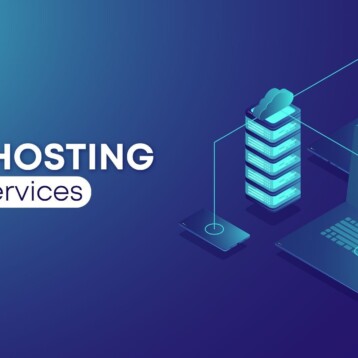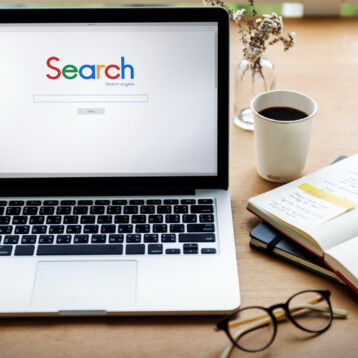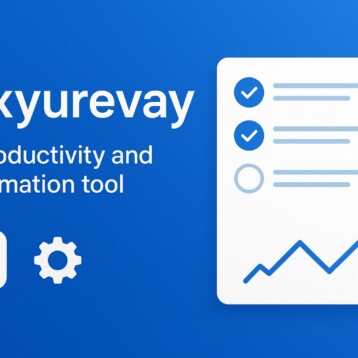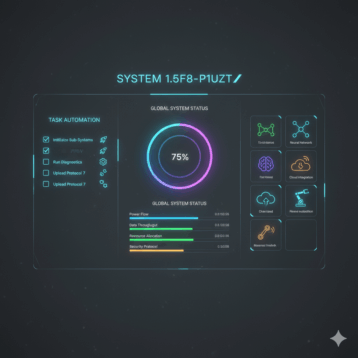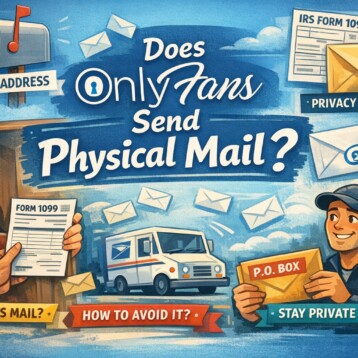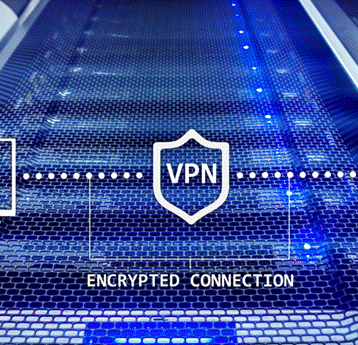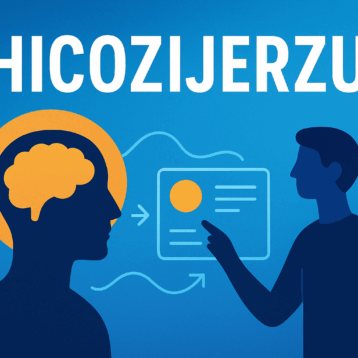It is usually impossible for someone to hack your Cash App account just by knowing your name. However, if hackers gain access to additional information such as your email address and phone number, your account could be at risk. Cash App names, also known as $Cashtags, are intended to be shared and do not allow anyone to access anyone’s account.
Specifically, you cannot use your username to compromise your Cash App profile. However, it’s important to be careful about sharing your personal information online, including your Cash App name. The legal use of your real name on the platform is unavoidable, and if you wish, the username can keep you anonymous.
What is a Cash App?
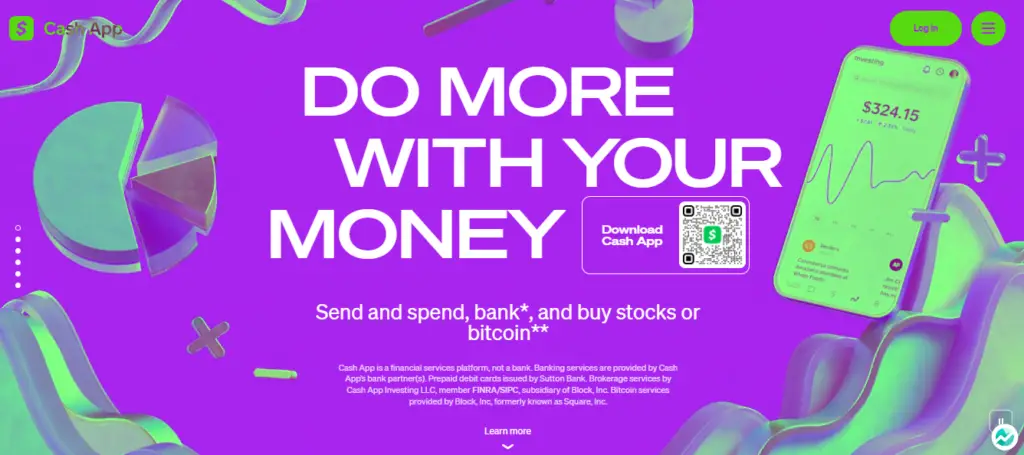
Cash app, a mobile payments application available in the US and UK, facilitates instant cash transfers between users, differentiating it from traditional banking by providing a wide range of financial services such as cash transfers, control banking and trading bitcoins.
Can Someone Hack Your Cash App With Your Name?
It is highly unlikely that someone will hack your Cash App account based on your name alone; Such an effort would require additional data. But having access to your email and phone number increases the chances of a successful hack, and can allow hackers to circumvent the two authentication factors with a compromised email address
While simply having your name may be the first step for potential hackers, social engineering techniques can be used to obtain more sensitive data such as your address, phone number, IP address and more ho If unauthorized access is gained, not only can your memory be Cash App be at risk, but your Linked bank account funds can also be targeted.
Despite the allure of receiving unexpected funds via Cash App, accepting money from unknown senders may result in involvement in scams. It is critical to remain vigilant and avoid participating in transactions initiated by unknown parties, as these may be fraudulent schemes. If you notice any suspicious activity, you must report it to Cash App support right away.
Sharing your Cash App name may appear innocuous, but it exposes you to phishing and scam attempts. Malicious actors may use this information to exploit vulnerabilities and gain unauthorized access to your account, emphasizing the importance of protecting personal data on digital platforms.
Is It Safe To Give Out Your Cash App Name?
Sharing your $Cashtag with others is typically secure because Cashtags are designed for this purpose, making it easier to transfer funds without fear of attack. However, exercise caution because accepting unsolicited payments from guests can lead to fraud.
In such cases it is advisable to refund the sender rather than initiate additional payments, as this may result in loss of revenue if the transaction is disputed and the fraudster is refunded, but sharing Cashtags with trusted individuals like friends, family, or customers is so generally safe.
While fraudsters can’t use Cashtags to connect to accounts directly, they can flood users with payment requests, highlighting the importance of being discreet when sharing such information While using Cashtags to request payments can facilitate transactions, users should be vigilant about potential scams, not unintended funds from fraudulent firms Watch well and send it
While banks can be useful tools for small businesses, displaying them publicly, especially online, can attract unwanted attention from fraudsters, making it advisable to exercise discretion in distribution
Cash App Scams
While Cash App hacking concerns are legitimate, fraudsters pose a serious threat by tricking users into giving up sensitive funds or information. Some of the most common scams around the world include attempts to bypass emails, calls or text messages, which are widely known. These schemes lure victims to fake currency app sites, extract login details and access balances, linked bank accounts.
While not uncommon, understanding these threats is key to prevention. Hacking allows access, often using weak email passwords. It is important to secure both the Cash App and the email account with two authentication factors.
Fraud involves creating products that are used to generate revenue, usually by impersonation or attractive offers. Common scams include real estate and pet mortgage scams, as well as payment claims promising cash and currency conversion schemes.
Maintaining the security of your Cash App account
To avoid fraud, users must enable all security features of the Cash App, such as:
Enabling the Security Lock setting, which displays a passcode for each transaction.
Optional text or email notification per payment.
Implementing a credit card security system to store virtual card information.
Additionally, Cash App advises using two-factor authentication on linked email accounts, creating mobile device passcodes, and securing social security numbers. While awareness of fraud is widespread, many individuals underestimate the risks and lack knowledge about strategies to avoid them.
It’s important to note that digital banking applications like Cash App were developed specifically for familiar people, such as friends, family, relevant businesses or businesses. Transacting money with strangers through the Cash App can increase the ease of fraud.
Cash App transactions are often impossible to change, and fraudsters take advantage of this by targeting unsuspecting users with fraudulent schemes. Cash App Support will never ask for sensitive information such as PIN or banking information via text message, nor will it ask for money for account verification or funding.
Applications like Cash App can enhance account security by implementing additional security measures. Recommendations include setting a PIN in the cache application, avoiding sharing passwords, using two-factor authentication, and limiting the sharing of cache application information to individuals or trusted customers.
Used with caution, users can minimize the risks associated with financial transactions on the Cash App and similar platforms.
My Cash App Was Hacked What Do I Do?
Contact Cash App support immediately if your account is compromised, freeze connected bank accounts to prevent unauthorized transactions, and enable two-factor authentication for a safe go high, and beware of emails or text messages with only connections and trusts only for financial security -Download apps from different sources Reduces the risk of unauthorized access to assets.
Conclusion
Cash names, used in the Cash App, act as meaningless signs, indicating that a user’s $Cashtag is not enough for hackers to gain access to an account unauthorized but additional personal information can pose a security risk even if hacking is not possible using $ with only Cashtags. So, while it’s important to be careful when sharing personal information to avoid suspicious transactions, it’s important to be aware of potential vulnerabilities in the Cash App system, including threats including those from internal sources or exploited by hackers.

